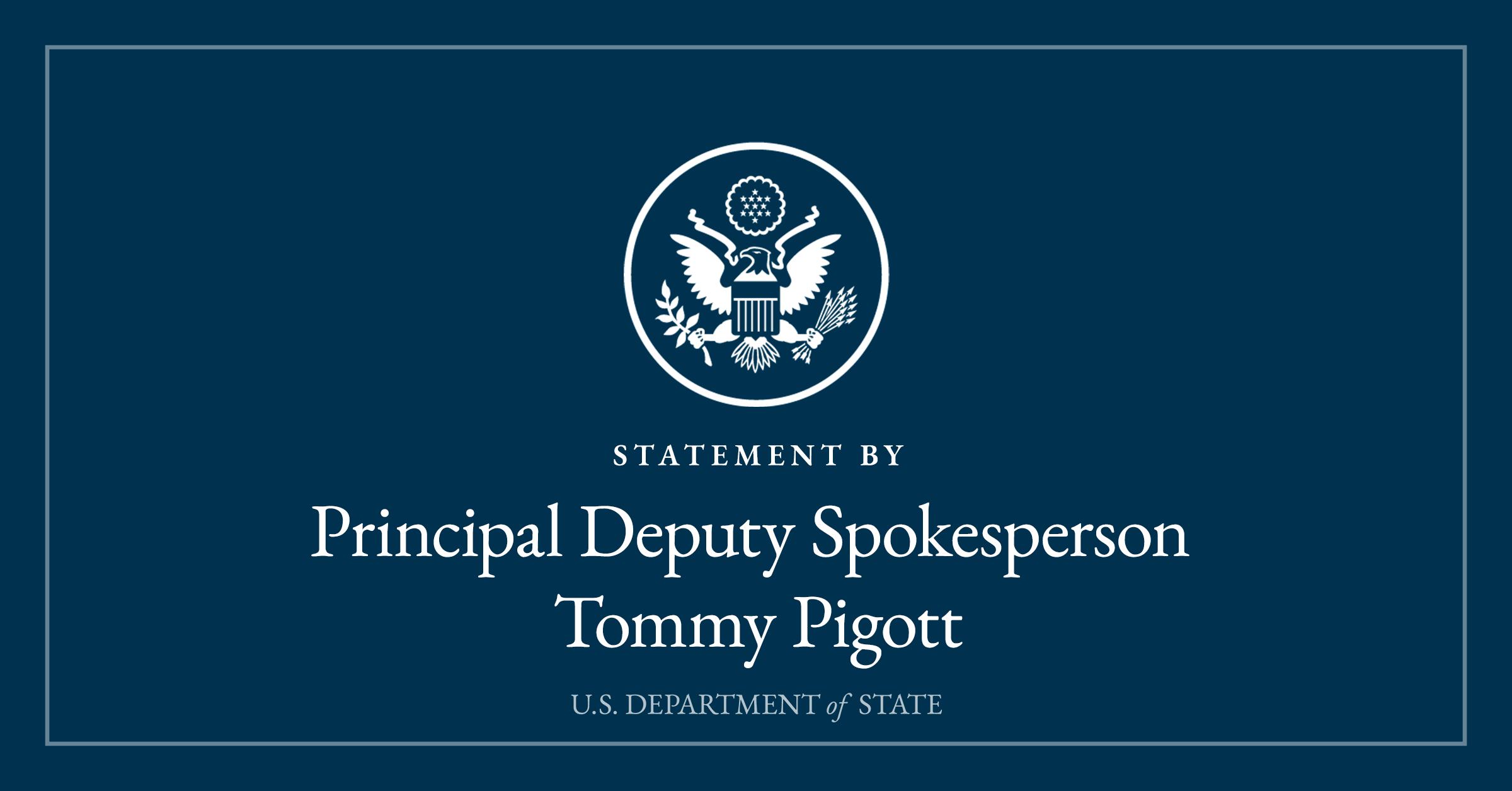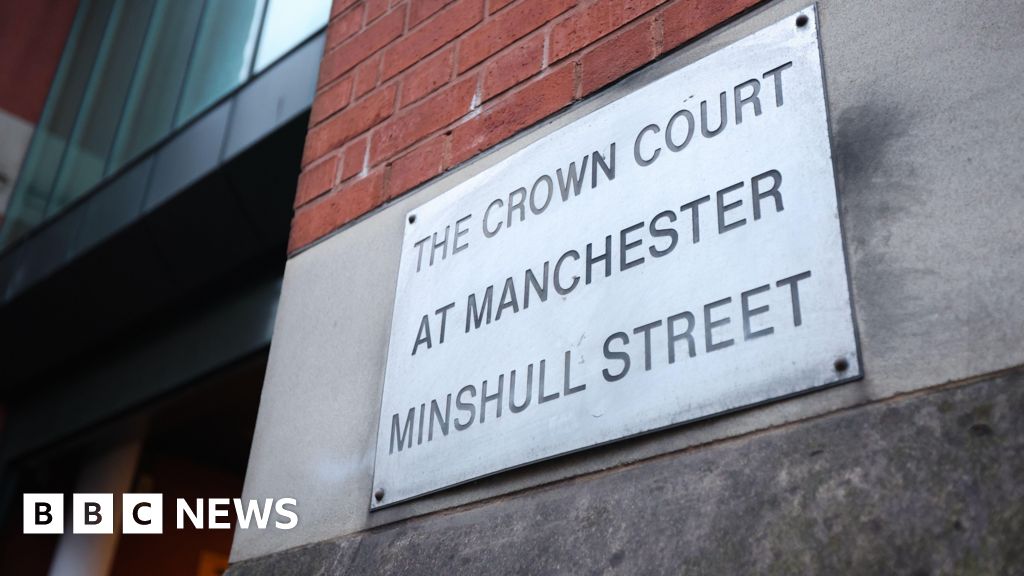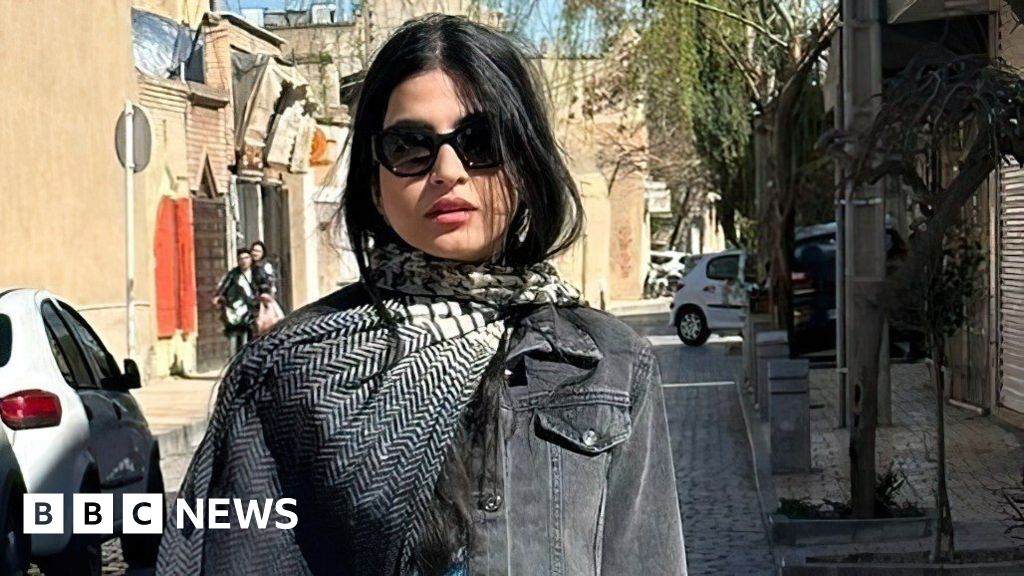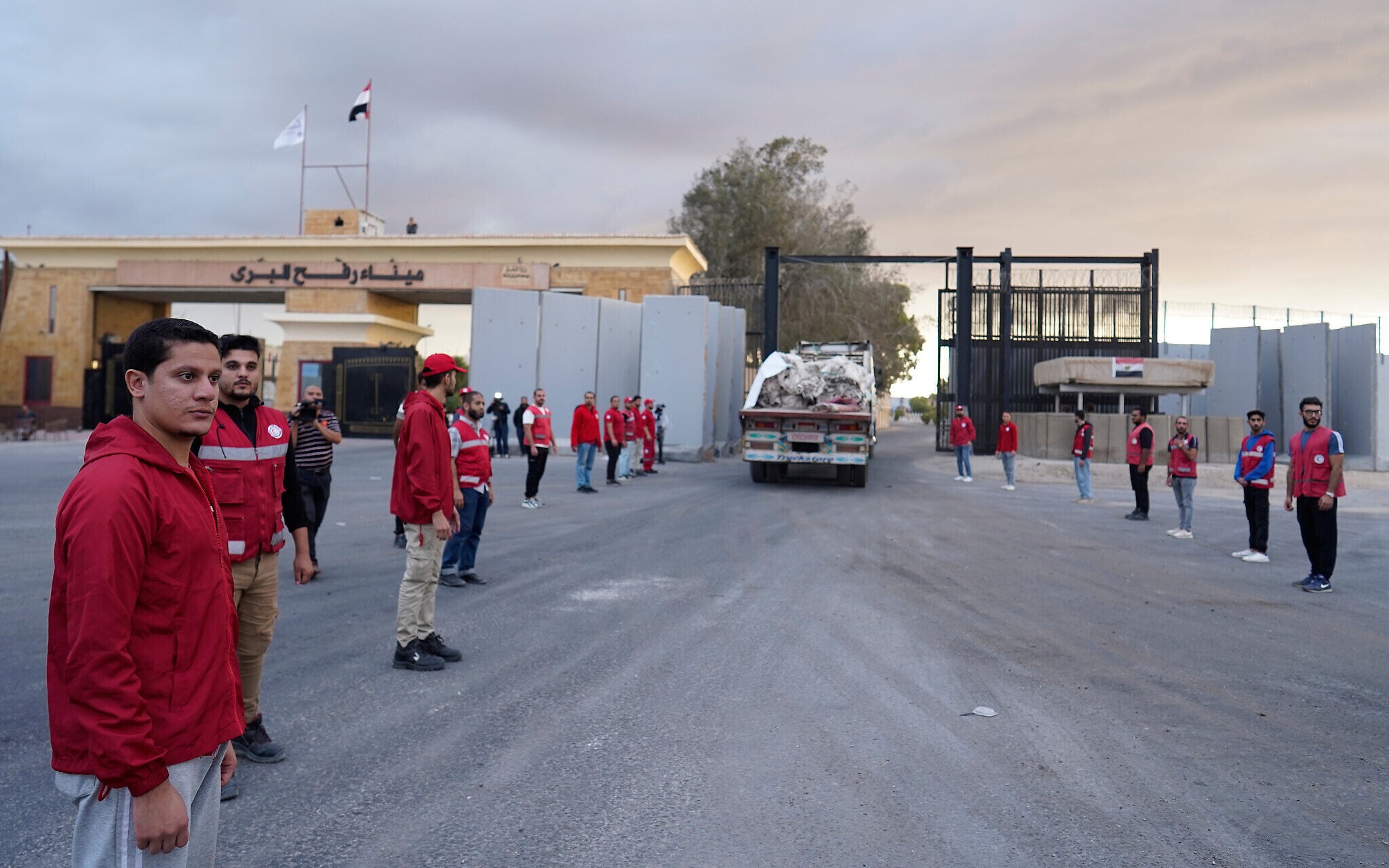Lomé, 6 November 2025: The National Authority for the Prohibition of Chemical Weapons (ANIAC-TOGO), in collaboration with the United Nations Regional Centre for Peace and Disarmament in Africa (UNREC), held a strategic capacity-building…
Category: 2. World
-
Severe storms and rain-triggered disasters kill 14 across Afghanistan
KABUL: At least 14 people have died in Afghanistan as severe storms, rain-triggered landslides, and heavy snow battered the country, officials said, with further risks reported on Thursday.
In Kandahar, strong winds and heavy rainfall on…
Continue Reading
-
UN rights chief decries US treatment of migrants, as deaths in ICE custody rise – UN News
- UN rights chief decries US treatment of migrants, as deaths in ICE custody rise UN News
- UN human rights chief urges US to uphold international law in immigration crackdown Reuters
- USA migrant crackdown: UN Human Rights Chief decries…
Continue Reading
-

Weather tracker: Record snowfall in eastern Russia leaves people stranded | Russia
A record-breaking snowfall event unfolded in far eastern Russia last week when the town of Petropavlovsk-Kamchatsky, located on the Kamchatka peninsula’s east coast, received more than 1.8 metres (6 feet) of lying snow in places.
Strong winds…
Continue Reading
-
EU concerned about Trump 'concentration of powers' over 'Board of Peace', document says – Reuters
- EU concerned about Trump ‘concentration of powers’ over ‘Board of Peace’, document says Reuters
- PM Shehbaz, other world leaders sign charter for Trump-led Board of Peace Dawn
- Full text: Charter of Trump’s Board of Peace timesofisrael.com
- Trump…
Continue Reading
-

Sanctions on Illicit Petroleum Traders to Support the People of Iran
Today, the United States is taking further action to deny the Iranian regime the resources to oppress its people.
The Department of the Treasury has imposed sanctions on eight entities and nine vessels in Iran…
Continue Reading
-
Denmark's prime minister goes to Greenland in show of support amid Trump crisis – Reuters
- Denmark’s prime minister goes to Greenland in show of support amid Trump crisis Reuters
- Greenland’s strategic position in seven maps: Why Trump wants the island Al Jazeera
- No written document memorializes the future deal framework for…
Continue Reading
-

Rochdale grooming trial collapsed over jurors’ WhatsApp group
The trial of alleged Rochdale grooming gang members collapsed after a judge was told about a WhatsApp group involving jurors.
The case being heard at Manchester Minshull Street Crown Court involved six men accused of rape and other sexual offences…
Continue Reading
-

Eyewitness tells of people getting shot
 Parnia
ParniaParnia was visiting family in Isfahan when the protests began Warning: This story contains details which some readers might find distressing.
An Iranian woman who witnessed the bloody crackdown on protests in Iran has described how her…
Continue Reading
-

Israel said seeking to ensure more Palestinians are let out of Gaza than back in
Israel wants to restrict the number of Palestinians entering Gaza through the border crossing with Egypt to ensure that more are allowed out than in, three sources briefed on the matter told Reuters ahead of the border’s expected opening…
Continue Reading
